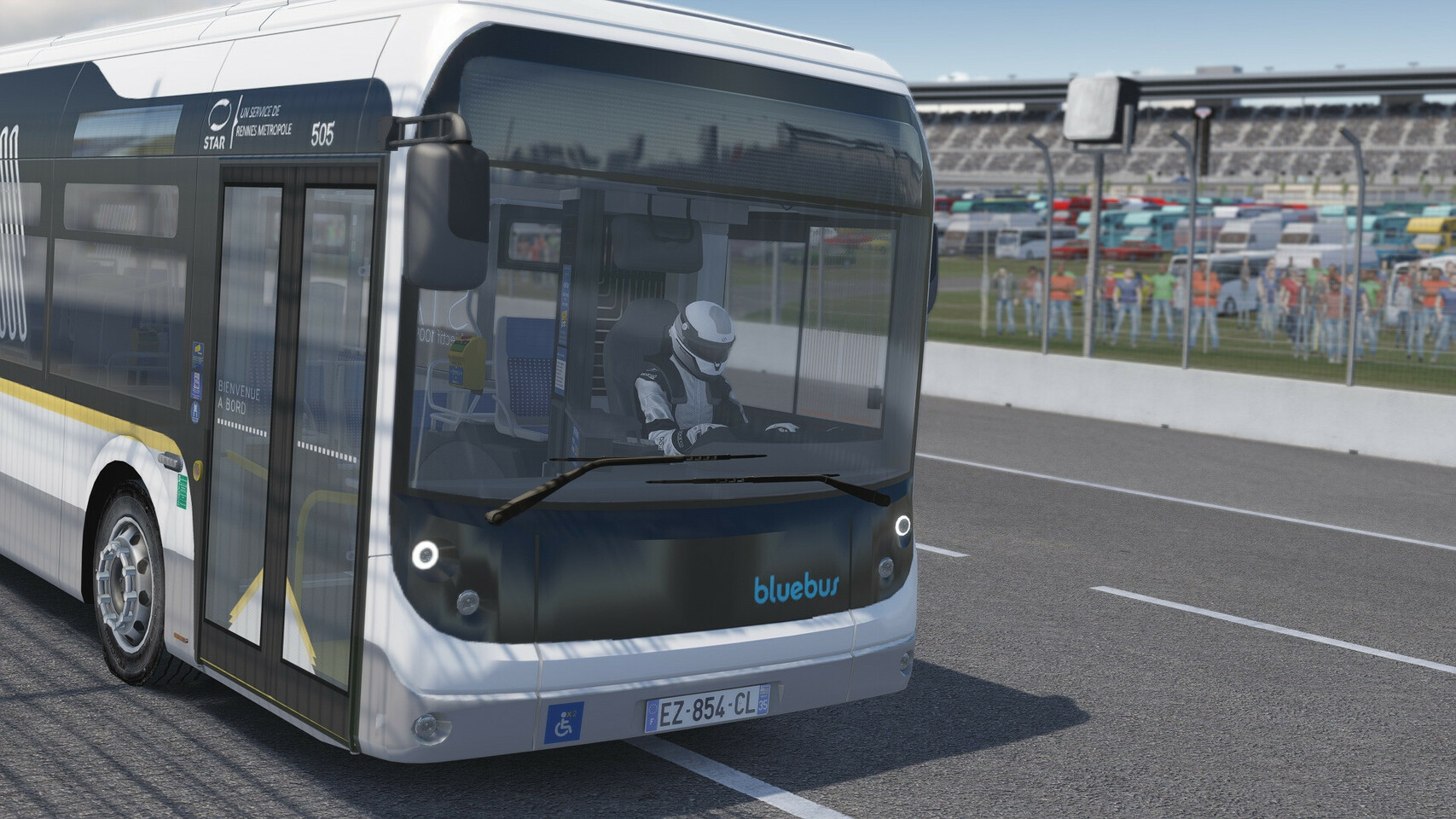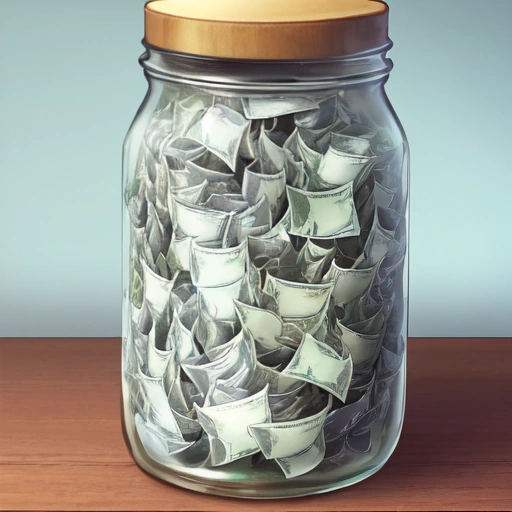Todd Bonzalez
I’m just some guy, you know.
- 6 Posts
- 142 Comments

 4·9 days ago
4·9 days agoFor thoose who don’t understand I’m a chronic emotional abuser, like I don’t outright threaten to kill myself but everyone around me knows I’m always on the verge to sucide. I’m legitimately a toxic horrible person that holds my friends hostage.
I know this is gonna sound crazy, but have you considered that you should stop doing that? If you’re deliberately acting suicidal to manipulate people, that’s fucked up, but it does tend to work to some degree. The reason everyone is so fake to you is because you’re fake to them. If you’re going to act like you’re always on the brink of suicide, so will others.
Why manipulate people to treat you in a way that you don’t want to be treated? That can’t be worth the time and effort.
You’re the psyop. You created the conditions for the way people act around you. You effectively manipulated the people around you to pity and infantalize you because you act like a wounded animal.

 10·9 days ago
10·9 days agoVolunteer overseas for the next 4 years. Teach English or something.

 3·9 days ago
3·9 days agoI actually disagree with both being on social media, and leaving, so I’m choosing the third option of joining a fake social media website that doesn’t actually connect you to anyone else, but it has all the features I would want if it did.

 82·11 days ago
82·11 days ago“Sure, Republicans killed a million Iraqis chasing fake WMDs, but I’m voting against the Democrat because she isn’t sufficiently outraged about Israel killing 40k Palestinians.”
Americans need to clean up their own shit before assuming their self-assigned role as world police.

 54·11 days ago
54·11 days agoYes, and actively rooting for Trump to win.

 42·11 days ago
42·11 days agoOkay, so if your view is that Democrats and Republicans are the same on this issue, then you’re going to need to vote based on something other than this issue.
So, aside from Gaza which you believe they are equal on, why do you prefer Trump over Harris? Do you support his campaign promises over her’s?

 232·11 days ago
232·11 days agoYou’ve convinced me. I won’t vote for Joe Biden today.

 346·11 days ago
346·11 days agoYeah, and I plan to vote against Netanyahu’s buddy who keeps saying he should do “whatever it takes to finish the job”. Stop pretending that a Trump presidency will be better for Palestine. Literally everyone who actually cares about Palestinians in good faith knows that a vote for Harris is a vote for harm reduction.
You’re showing your privilege here by admitting you aren’t scared of Trump’s plans, which involves oppressing millions of people, because you’re confident you’re not one of the groups he plans to oppress.

 6·13 days ago
6·13 days agoHalf the OC memes here use GenAI art. It’s already happening.

 15·13 days ago
15·13 days agoEh, I’m kinda with him on the “whole new category of content” thing. Put it in its own category so it’s not mixed in with everything else.
America did this too, but it was too hardcore for me to share clips, so here’s the Wiki: https://en.wikipedia.org/wiki/Red_Asphalt

 1·13 days ago
1·13 days agoGod, this could have been a funny joke if you hadn’t presented it as a humorless blowhard.
Like debating how the “ean” in “Sean Bean” is pronounced, and insisting he can’t have it both ways. It’s one or the other, Sean…

 5·13 days ago
5·13 days agoWell, the good news is since this kind of hypersonic flight is not efficient or affordable, while there are 150k daily commercial flights, these aircraft will probably fly more like 2-6 times daily for their specific wealthy passengers that would pay obscene amounts of cash to save a few hours.
The Concord only flew 4 times daily at its peak.

 9·13 days ago
9·13 days agoTo put this in perspective, you could have breakfast in London and make it to New York in time for a mid-morning coffee, with the journey taking just 1.5 hours.
Uh, let me do the math on that one…
If I eat breakfast in London at 8am, and then immediately board a Hypersonic jet to New York at 8:30am, I’ll arrive in NYC at 3pm, having missed mid-morning coffee by about 4 hours before I ate breakfast…

 2·13 days ago
2·13 days agoLemmy.ml is such a weird situation. Personally, I worry about the future of Lemmy when I consider who runs the circus.
It started off as the first and only Lemmy instance run by the maintainers. It was classified as general purpose, but leaned hard to the left. The maintainers are mostly Tankies, but the users are not, and Lemmygrad is created for the purpose of being focused on far-left politics. Lemmy.ml was my first instance, and I was an early user. Early on it was nice there.
As Lemmy grows, new instances appear, and eventually ML is not the largest, just the oldest. As that happens, the original intent of the ML TLD choice starts to become visible, as the instance shifts from general purpose to an instance for “Marxist Leninists” just like Lemmygrad. Early users have now mostly migrated elsewhere because it is no longer the “flagship” instance.
Now we’re in a position where the majority of Lemmy users exist on non-ML instances, and think that the ML instances are run by morons, yet those morons maintain the codebase that runs every Lemmy instance.
It’s a ticking timebomb. I expect we’ll all be on Kbin by 2030 after something boils over and the Lemmy maintainers start fucking around with the code to get their way.

 1·13 days ago
1·13 days agoNo, anyone gatekeeping Lemmy users who aren’t on the largest instances are fundamentally working against how the fediverse is supposed to work. lemm.ee is smaller, and generally politically neutral, but it also seems to properly moderate hate speech, violence, harassment, and illegal content. As long as that persists, all should be good.
If it ever comes to a “be on .world or you’re sus”, then .world can just disable federation and become Reddit 2 while the rest of Lemmy embraces decentralization.






Remember to donate!